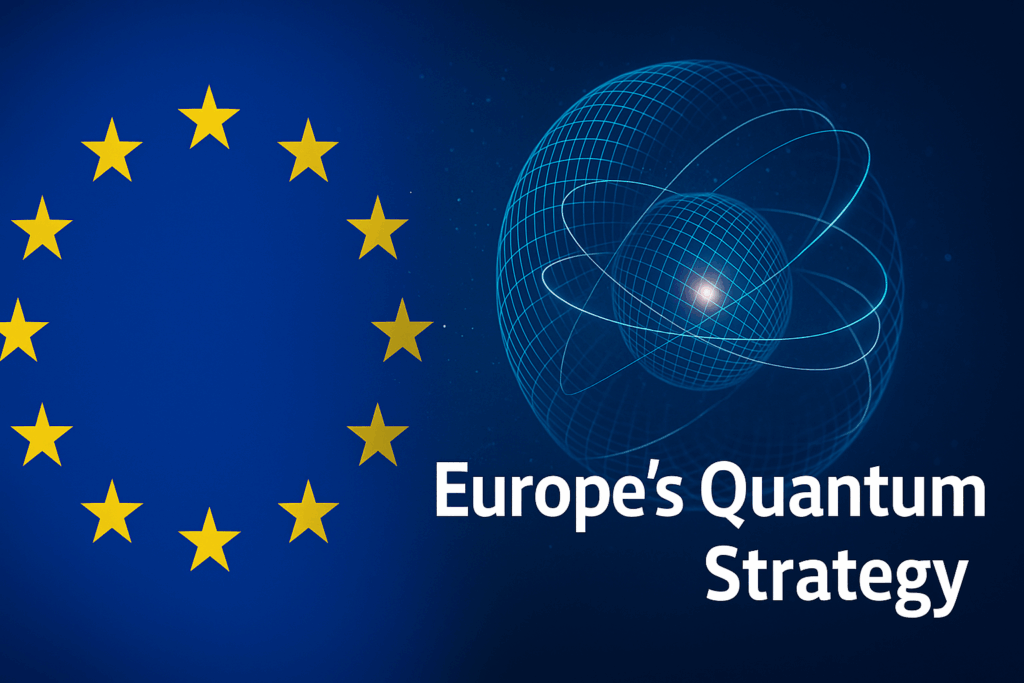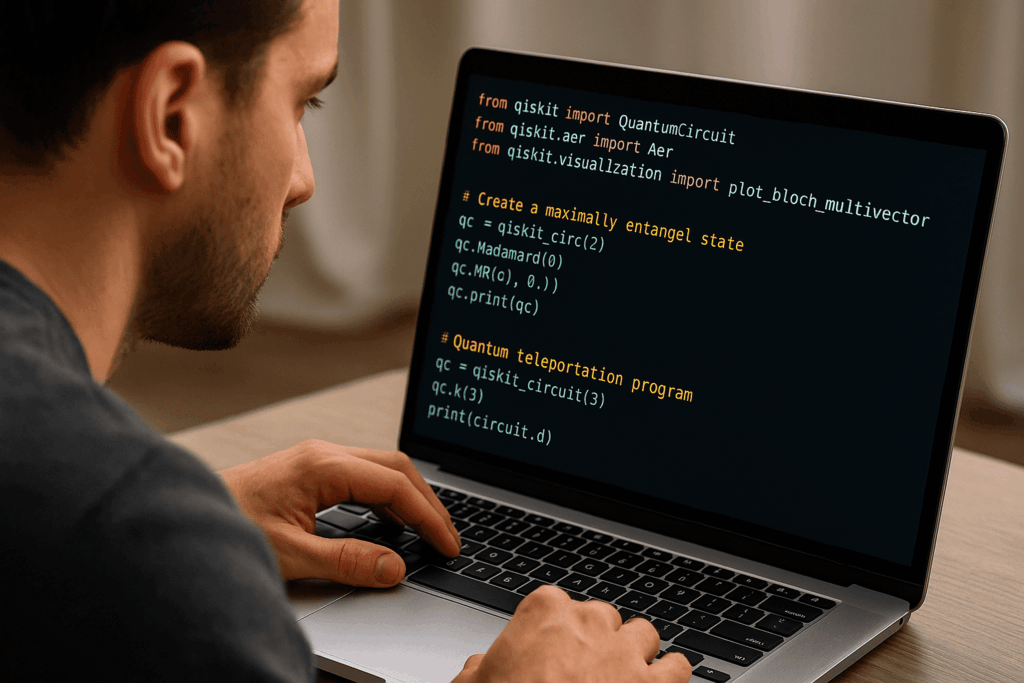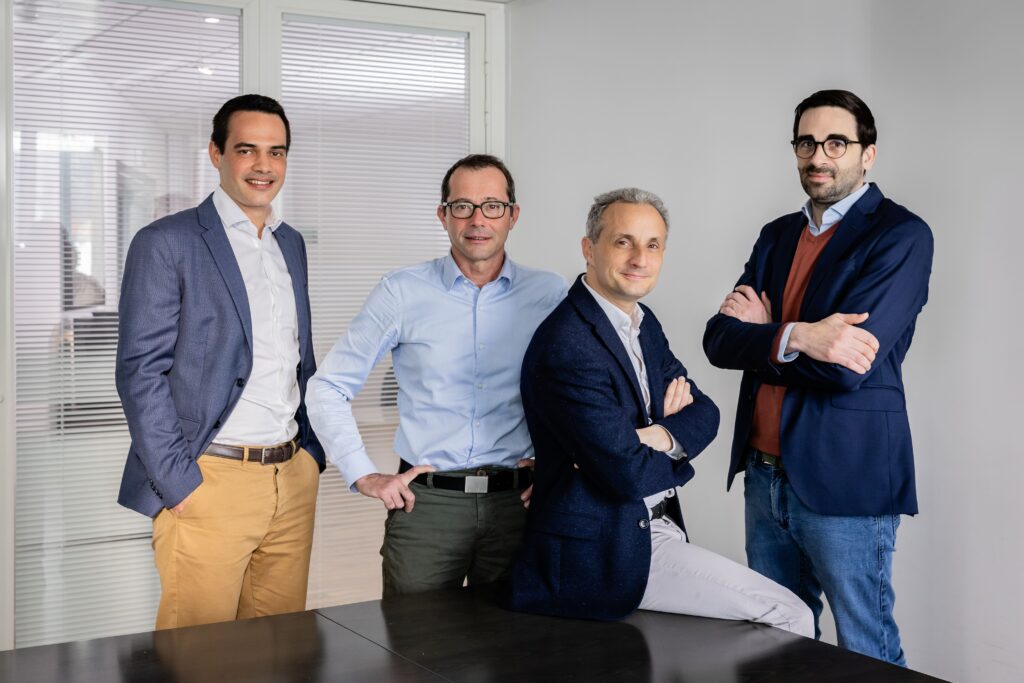Introduction
The announcement earlier this year that South Korea plans to invest over 3 trillion won ($2.33 billion) in quantum science and technology by 2035 is a sure sign the country intends to become a global leader in the field. It will do this by increasing the number of quantum researchers seven-fold to 2,500 and developing its own quantum computer and advanced quantum sensors, as well as securing ten percent of the global market share in quantum technology by 2035, signing partnerships with IBM and IonQ in the process to train local experts in the technology.
South Korea, just like other countries in the region, has been actively involved in quantum technology research and development for decades now and can boast a healthy ecosystem — not only at the national level with several initiatives and institutions in the country dedicated to advancing this field — but with private companies, too.
We will now take a brief look at what is going on in the country as of mid-2023.
Government Position
The Korea Institute of Science and Technology (KIST) is one of the major players in quantum computing in South Korea. Over the last several years, KIST has been conducting research in quantum information processing and quantum computing. In addition to developing quantum algorithms, hardware and software, they explore potential applications of quantum computing.

Furthermore, universities, industries and government agencies are collaborating to promote quantum computing in South Korea. To support quantum technologies research, development, and commercialization, the South Korean government launched the Quantum Computing Development Strategy. Researchers are funded to conduct research, testbeds are created and industry and academia collaborate on research.
Another interesting point to mention is the fact that IonQ has signed an agreement with South Korea’s Ministry of Science and ICT to cultivate the regional quantum computing ecosystem.
Research
South Korea has been increasing its focus on quantum technology and has been supportive by providing funding and incentives to those involved in this field. There are several universities in South Korea that have established quantum computing research centres or laboratories in addition to KIST. The following are some of the most important players in the Korean quantum technology ecosystem:
Seoul National University, for example, conducts research on quantum algorithms, error correction, and quantum simulation. Research on quantum computing and related areas is also carried out at the Quantum Information and Computation Laboratory at KAIST (Korea Advanced Institute of Science and Technology). Students interested in quantum computing can participate in KAIST’s research and education programs. Through the IBM Quantum Network, KAIST will enhance Korean technology’s global position in quantum computing by exchanging information with other organizations and corporations
Another worth mentioning is the Sungkyunkwan University (SKKU) — Quantum Information Research Support Center (Q-Center), which was established by the Ministry of Science and ICT’s project to create a quantum information ecosystem.
Yonsei University’s Institute for Quantum Information Technology (IQIT) aims to enrich human life through quantum information research, as well as prepare for the future information society by developing quantum ecosystems and teaching quantum information technology. Researchers at Yonsei University are advancing the frontiers of quantum computing by conducting cutting-edge research in the areas of software development, algorithm development, and quantum ecosystem development.
Private Sector
There are also several South Korean companies that are actively involved in quantum computing. Quantum computing has sparked interest among global corporations with companies such as Samsung, SK Telecom and LG Electronics interested in the technology. Their R&D efforts are focused on the development of quantum computers, quantum algorithms and quantum communication systems.
Smaller startup companies are in on the act, too.
Based in Seoul, South Korea, with additional offices in Arlington, Virginia, EYL was founded in 2015 and provides a tiny quantum random number generator chip that measures 5 millimetres. Besides developing an ultralight chip encryptor for all IoT devices, EYL is also developing a thin film-type quantum random generator for identification cards and credit cards.
Using their proprietary quantum Karnaugh map-based optimization protocol and intellectual properties, First Quantum offers solutions for core quantum computing applications. Located in Seoul, First Quantum was founded in 2022. In particular, the company is interested in the computational fluid dynamics governed by the Navier-Stokes nonlinear partial differential equations whose solution is fundamental to the aerospace industry, astrophysics and numerical weather and climate prediction. The company is conducting further research on quantum algorithms for financial engineering problems such as portfolio optimization and derivative pricing.
QSIMPLUS offers a product called QSIMpro, a software simulator for cryptographic communication. By eliminating the need for typically necessary hardware, this product reduces time and costs. Non-experts in quantum communication can implement and verify various QC systems by dragging and dropping blocks that behave similarly to hardware components. The company was founded in 2021 and is based in Seoul.
Another important company in the country is Qunova Computing, which provides software services to clients in the pharmaceutical discovery and materials industries. Founded in Daejeon in 2021, Qunova’s quantum software solutions allow clients to save significant amounts of time in their research and development processes, identifying candidate materials and drugs with the desired properties much faster, thereby reducing costs and maximizing resources.
Though not a private company, SK Telecom has been investing in quantum computing and has established the Spin Quantum Computing Center with Korea University and the California Institute of Technology.
Another public company in the picture is Samsung, which has been investing in quantum computing and working on developing its own quantum computer.
Key People
Picking the most important people in any industry is a difficult thing to do, but we managed to choose two individuals whose contribution is driving the country forward in quantum technology.
Hyunseok Jeong is a professor at the Department of Physics and Astronomy at Seoul National University and leads the Quantum Information Science Group in the Department of Physics and Astronomy at the university. He has contributed significantly to the field of quantum optics and quantum information, particularly in quantum teleportation and quantum repeaters.
A professor at the School of Electrical Engineering, KAIST (Korea Advanced Institute of Science and Technology), Jaewan Kim has made notable contributions to the development of quantum communication technologies, including quantum key distribution (QKD) and quantum hacking detection.
Conclusion
The unveiling by the South Korean Ministry of Science and ICT (MSIT) of its comprehensive “Quantum Science and Technology Strategy” signifies a significant milestone for the country. This ambitious plan, aimed at propelling South Korea as a global hub for the quantum economy by 2035, underscores the country’s commitment to making up for its relatively late entry into the quantum field. The strategy covers an expansive range of applications from quantum computing and quantum internet to quantum sensors.
Importantly, this initiative, one of the top five publicly disclosed quantum commitments globally, acknowledges South Korea’s current technological deficit and outlines a robust plan to achieve quantum parity with leading countries by 2035. South Korea’s objective to train up to 2,500 quantum professionals, foster global quantum market signals the nation’s deep commitment to this emerging sector.
Also noteworthy are the strategic partnerships that the ministry plans to build with quantum tech companies including IBM and IonQ. These collaborations with industry leaders can be instrumental in accelerating South Korea’s quantum advancement. The country is also expanding its international cooperation investment to KRW 210 billion for 2023–2025, marking a substantial increase from the KRW 13 billion allocated for 2019–2022.
However, not everything is on a positive note, as an article last year published in The Korea Economic Daily criticized Seoul’s quantum computer development efforts, stating that the country lacks an industrial ecosystem in the quantum computing field.
In summary, while South Korea acknowledges it is playing catch-up in quantum technology relative to other countries, its ambitious and comprehensive strategy, significant financial commitment, and strategic partnerships could help it close the gap and potentially emerge as a significant player in the global quantum economy.
Quantum Intelligence Platform
This is only a basic overview of what is happening in South Korea in the quantum tech industry. Want to find out more about the South Korean quantum ecosystem? For a more in-depth look at the market there, look no further than The Quantum Insider’s very own Quantum Intelligence Platform, the leading provider of Quantum Computing market data, reports, analytics, and insights on QC companies, investors, funding, and more.
Based on our proprietary taxonomy and customizable metadata, the platform allows you to find robust funding and commercial information that can be filtered by subsector and technology type while being effortlessly integrated into The Quantum Insider’s database of news and information on the Quantum Computing industry.
But that’s not all, recently we added our Data Graph Explorer, a tool that allows those interested to spot interesting relationships and connections in the quantum market and make decisions based on those relationships.
Featured image: Image by Big_Heart from Pixabay
For more market insights, check out our latest quantum computing news here.
















